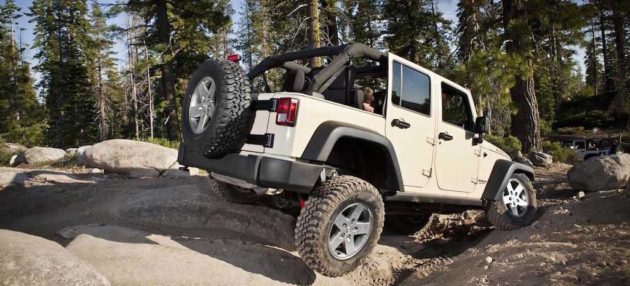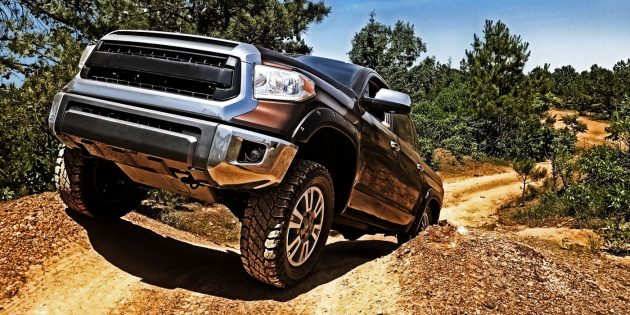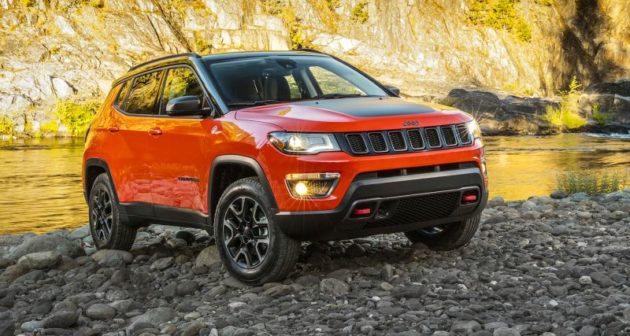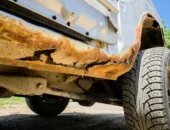If you enjoy off-road driving, you may have questioned if it is possible to use your off-road tires on the highway as well. But are they also effective for driving on highways? What benefits and drawbacks come with utilizing off-road tires on public roads? What are some ways to combine the best of both worlds, then? We will provide you with answers to these queries in this post, allowing you to determine whether off-road tires are necessary for your highway driving requirements. Off road tires, after all, are made to handle difficult terrains and offer superior traction and handling than standard street tires.
Off-road tires are made to offer greater handling and traction on challenging surfaces like mud, sand, gravel, or rocks. They can endure punctures and abrasions from off-road hazards because to their aggressive tread patterns, larger tread blocks, and stronger sidewalls. But are they suitable for highway driving? The answer is dependent on a number of variables, including how frequently you travel on highways, the level of comfort and performance you need from your tires, and how much you are willing to spend on repairs and gasoline.

Source: kendalldodgechryslerjeepram.com
Pros of Off-Road Tires for Highway
Off-road tires have a number of benefits for highway travel, including the ability to withstand a variety of road conditions like wet, dry, or snowy roads. They can grip the road surface and avoid hydroplaning or skidding because they have more biting edges and sipes. In addition, they are more resilient to potholes, debris, and uneven surface than standard street tires.
Off-road tires for highway driving also have the advantage of improving the design and aesthetics of your car. Off-road tires can enhance the design of your truck, SUV, or Jeep and help it stand out from the competition if you want to give it a tough and adventurous look.

Source: tirereview.com
Cons of Off-Road Tires for Highway
Off-road tires for highway driving have a number of disadvantages, one of which is that they can considerably decrease your fuel economy. This is because they require more effort to move because they have greater rolling resistance than standard street tires. Depending on the size and kind of tire, some estimates claim that off-road tires might reduce your gas mileage by 3% to 10%.
Off-road tires can make more noise and vibration than ordinary street tires, which is another drawback for highway travel. This is because they feature deeper grooves and larger tread blocks, which increase air turbulence and friction with the road. While traveling at a high pace, this might make the trip noisier and less comfortable.
Off-road tires for highway driving can also wear out more quickly than ordinary street tires, which is a third drawback. This is due to the fact that they are constructed of softer rubber compounds, which offer better traction over rocky terrain but also wear out more quickly on flat ground. Off-road tires’ aggressive tread patterns and larger tread blocks further contribute to their propensity for uneven tread wear. Over time, this may have an impact on their efficiency and security.

Source: www.caradvice.com.au
Solutions for Off-Road Tires for Highway
There are certain options that might help you reduce their problems and enhance their benefits if you want to use off-road tires for highway driving. Here are a few pieces of advice by Tire Reviews experts that you should definitely consider while going off-road:
- Identify the best off-road tire for your requirements. Off-road tires come in a variety of varieties, including mud terrain, all terrain, and hybrid terrain tires. Mud-terrain tires are the most challenging and ideal for challenging off-road driving, but they are also the noisiest, least fuel-efficient, and most vulnerable to wear on the road. All-terrain tires are more adaptable and less aggressive since they can effectively manage both off-road and on-road conditions. Mud-terrain and all-terrain tire qualities are combined in hybrid-terrain tires, which offer a compromise between the two.
- Choose the appropriate off-road tire size for your car. Your vehicle’s performance, fuel efficiency, handling, and ride quality are all impacted by the size of its tires. In general, larger tires offer better traction and clearance, but they also add weight and increase rolling resistance. Although smaller tires offer less traction and ground clearance, they also lighten your load and reduce rolling resistance. You should select a tire size that is in accordance with your car’s specifications and does not interfere with its alignment or stability.
- Keep your off-road tires in good condition. You should check your off-road tires’ air pressure frequently and maintain it in accordance with the manufacturer’s instructions to increase their lifespan and performance. In order to minimize uneven tread wear, you should rotate your tires every 6,000 to 8,000 miles. Rotating your tires will also balance them. Moreover, you should check your tires for any signs of wear or damage and replace them as necessary
Conclusion
If you occasionally drive on rough terrain and would want to benefit from the traction and styling advantages of off-road tires, they are suitable for highway driving. All-terrain tires or conventional street tires can be a better option if you primarily travel by highway and want to save money on gasoline and maintenance. The decision ultimately comes down to personal preference and price range. Also, you should purchase the suitable size and type of tires for your car and maintain your tires properly. You may make the most of your off-road tires and drive safely and comfortably by using the advice in this article.


